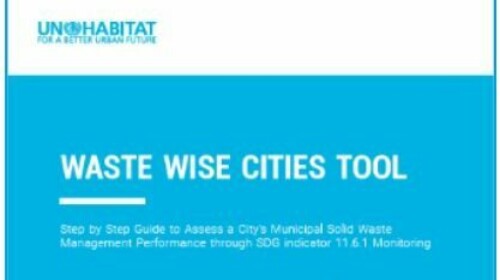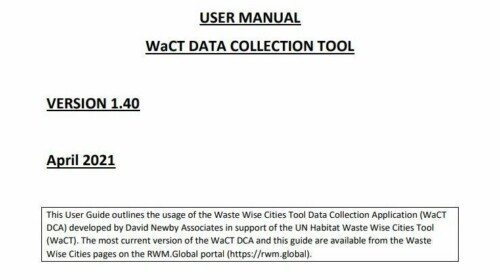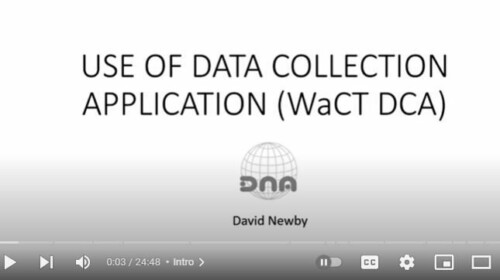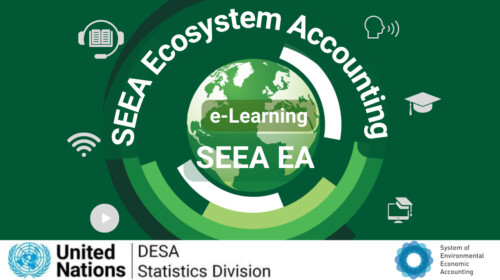This online course will introduce you to the first steps to develop in a participatory and inclusive manner municipal solid waste management strategies and action plans based on data. This will help your city to achieve waste related Sustainable Development Goals (SDGs) by 2030 and move towards a circular economy.
This online course was developed by the Waste Wise Partnerships: UN-Habitat, supported by Avfall Norge and International Solid Waste Association, through Clean Ocean Through Clean Communities project, and by Vanke Foundation.
Start: Self-paced course
Duration: 6 modules, between 1-2 hours per module
Fees: None
Certificate: Yes, after completing and passing the final test
Target Audience
The course is intended for all solid waste professionals, city officials involved in municipal solid waste management, and anyone interested in guidance on how to achieve waste related SDGs.
Learning Objectives
After the completion of the online course, you will be able to:
- Explain the importance of data and evidence-led planning for solid waste management
- Understand the stages of a MSWM planning cycle and the importance of stakeholder involvement
- Identify the waste chain stakeholders (formal and informal), their current role and responsibilities
- Engage waste related stakeholders in a meaningful way for an integrated and inclusive approach to MSW planning
- Apply the Waste Wise Cities Tool (i.e. collect waste generation data from households and non-household MSW sources, characterize waste, and assess the environmental level of control of recovery and disposal facilities) to assess MSW status of a city;
- Analyse the collected data and transform it in visual products, such as waste flow diagrams and plastic leakage maps
- Apply participatory tools to identify critical gaps and key interventions areas; set goals, targets and indicators as well as monitoring and evaluation mechanisms
- Develop a strategic plan and an action plan considering appropriate technical alternatives and operational financing approaches






